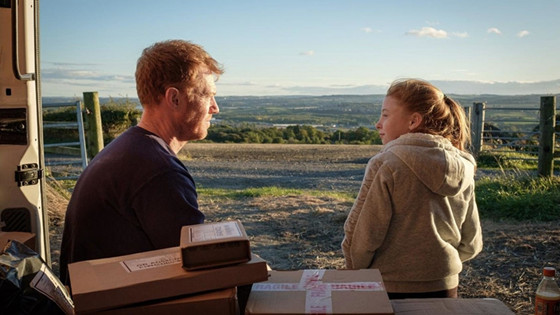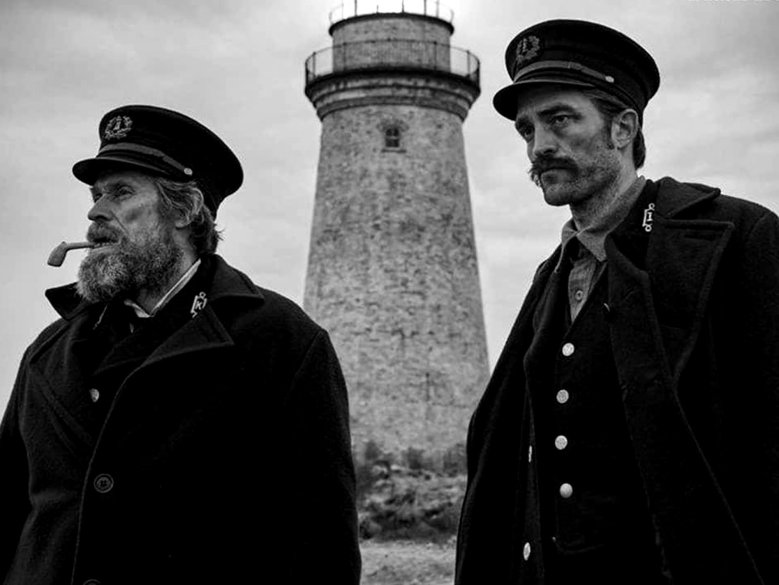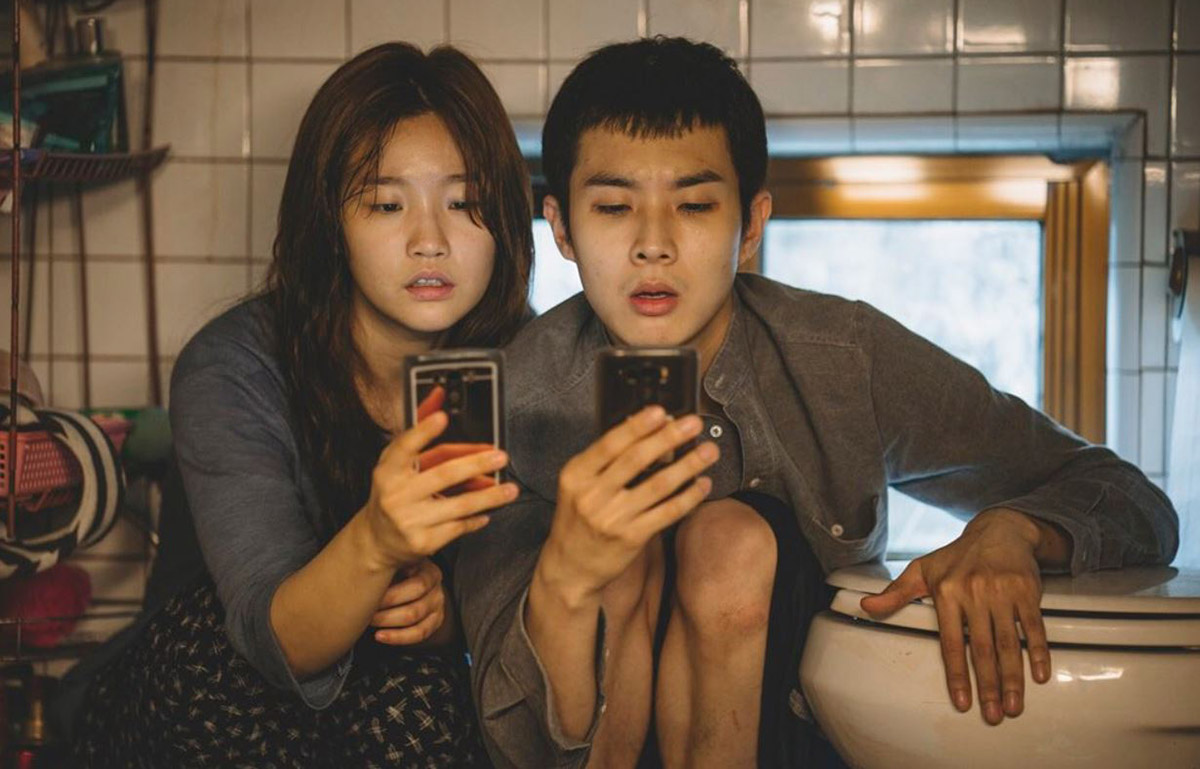5. Pain and Glory – Pedro Almodóvar

Probably the quintessence of Almodóvar’s cinematic universe, the purely autobiographical film “Dolor y Gloria” enchanted critics but only gave the Best Actor award to the beloved Antonio Banderas for a breathtaking performance – always according to the critics.
The story goes as follows: a famous Spanish director who suffers from various mental and physical problems starts consuming heroin with one of his former protagonists and pays sentimental visits to his past, recalling his relationships with his mother and father, his teachers, and his priest, and his first homosexual experiences. The film had already been released in Spain since 22nd of March and was a smash hit.
4. Sorry We Missed You – Ken Loach

Many critics – and spectators – have a love-hate relationship with Ken Loach and his work. The 83-year-old British director doesn’t surprise with his work, but he is devoted to showing the living conditions of the working class and denouncing the atrocities of neoliberalism. As a purely political director, he is one of Cannes’ favorite, with 14 nominations and two Palme d’Ors.
Even though back in 2016 he was fiercely criticized for “I, Daniel Blake” not being the movie worthy for the highest award in Cannes, this year’s movie was warmly accepted by most critics for its “searing human empathy and quotidian heartbreak” (The Hollywood Reporter).
The screenplay by Paul Laverty was considered as “fierce, open and angry, unironised and unadorned” (The Guardian), “tender and devastating” (The Playlist), shortly “one of Loach’s very best films” (Screen International).
Nevertheless, Koach left Cannes with no award.
3. Portrait d’un jeune femme en feu – Céline Sciamma

There was such high praise from all the critics that if there was an official gambling site for the awards at Cannes, this film would be considered a gangant. “An exquisitely executed love story that’s both formally adventurous and emotionally devastated” (The Hollywood Reporter), “a superbly elegant… enigmatic drama” (The Guardian), this movie is a historical epic that narrates the love story between two women who are restricted by their conservative 18th century environment.
Héloise is obliged to marry a man she doesn’t want to marry, and Marianne is hired by her mother to make a portrait of her without her knowledge. That is how two different kinds of women, one who yearns for freedom and another who can offer it to her, come close under the most unpredictable conditions.
Sciamma had all the credentials to be elected this year’s Palme d’Or. She directed a robust period drama about a forbidden homosexual love that was considered “as perfect a film as any who had premiered this year” (Indiewire).
Moreover, that could be a perfect chance for Cannes to dissuade the accusations of ignoring and snubbing a woman’s cinematic production. However, the Jury had a different opinion and awarded Sciamma with the Best Screenplay Award.
2. The Lighthouse – Roger Eggers

Winning the FIPRESCI award in Directors’ Fortnight, Eggers’ film is described as being both terrifying and hilarious, one that makes you “scared and excited at the same time” (The Guardian). It’s the story of a two lightkeepers in early 20th century Maine who cannot make it to coexist alone in the middle of nowhere and are driven slowly into madness.
Super dark, with stunning black-and-white cinematography and the sound design acting as one more protagonist, the film was highly praised also for the acting of Willem Dafoe and Robert Pattinson.
1. The Parasite – Joon-Ho Bong

After many Cannes nominations, this was the year that the Korean director who creates extraordinary stories that dig deeply into the human soul was finally awarded – and, what’s more, by the highest of all the awards!
A “luxuriously watchable and satirical suspense drama” (The Guardian) about the relationship between a poor family and a wealthy family in South Korea echoes both last year’s “Burning” and “Shoplifters,” along with other far Asian movies that pinpoint the deep class imbalances of these societies while sometimes using thriller elements. And more, Asian directors know how to tell their stories in a deeply sentimental tone, with cinematographic thoroughness.
Joon-Ho Bong has proven his skills by his previous movies (“The Host,” “Memories of Murder” and the latest, his sweet ecological tale “Okja”), and his latest one is probably the crowning of his effort and deserved the highest recognition in the art cinema world.